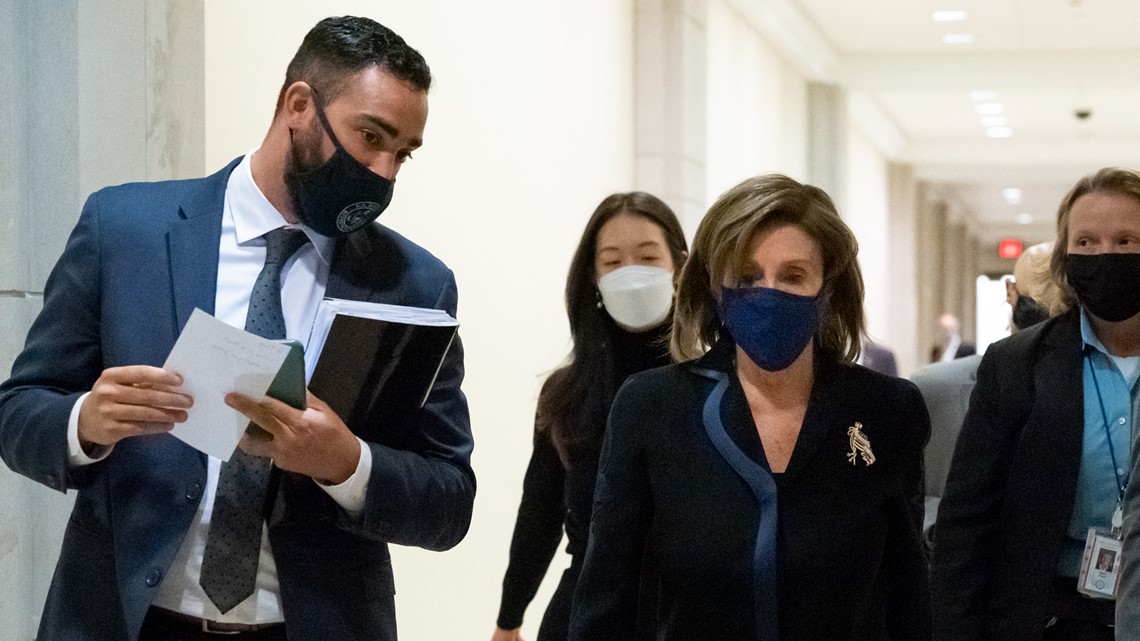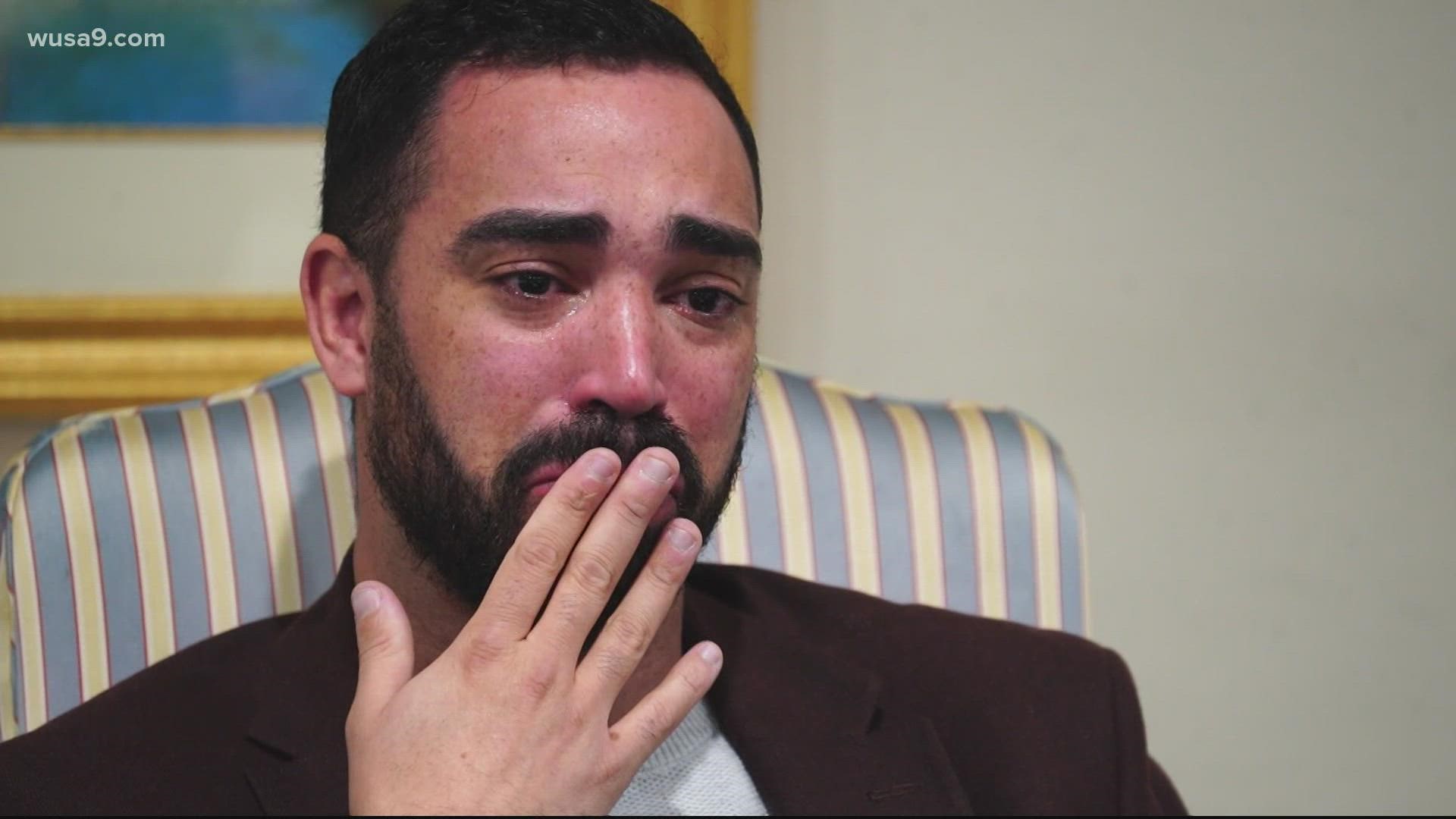WASHINGTON — With politics now playing a role in nearly every aspect of life on Capitol Hill, it may come as no surprise that some still question the severity of the violence that happened at the US Capitol on Jan. 6, 2021, when a violent mob stormed the Congress in an effort to stop the certification of President Joe Biden’s electoral victory.
To ensure the reality of the day does not fade over time, a new project is underway to record the stories of those who survived the Capitol riot.
“This is Capitol history live and in person,” said Jane Campbell, president of the U.S. Capitol Historical Society. “And we are the Capitol Historical Society. And so, we felt that we had a responsibility to preserve those memories while they were fresh. And while they were accurate.”
And that is how the Jan. 6 Oral History Project was born. It’s a non-partisan grassroots effort by the U.S. Capitol Historical Society to record the stories and experiences from Jan. 6 of people who work on Capitol Hill so they are never forgotten. From staffers to the food service workers and custodians caught up in the insurrection.
“I think when I retell the story a little bit of the anger comes back,” said Shane Smith, his voice cracking, choking back tears as the senior advisor to House Speaker Nancy Pelosi prepared to participate in a Jan. 6 Oral History Project interview.


On the morning of the sixth, Smith was sitting in the House Chamber with Speaker Pelosi as Congress prepared to certify the presidential election when he started to realize the day was spiraling out of control.
“Receiving a text message from a friend or former colleague who said, 'they're saying that, you know, the Capitol has been breached,'" Smith recalled. “I think that's kind of when I was like, oh, okay, like, this may be a little different. I don't know what's in store.
"And when they locked the House chamber doors,” said Smith, his voice getting quiet, tears emerging from his eyes. “That sound that will stick with me, the clicking of those doors locking.”
In front of a modest, bare-bones recording set up led by Campbell, she asked Smith if he hears the sound of that deadbolt now a year after the insurrection.
“Sometimes,” Smith said. “Sometimes.”
Later Smith recounted the moment when he was evacuated under armed guard to an undisclosed location.
“I, you know, kind of like gaze up and I see U.S. Capitol Police officers with long guns pointed at these people lying flat on the ground,” Smith said of rioters who had been detained by U.S. Capitol Police and were in custody, noting he initially questioned whether the suspects had been shot by police in the attack, which they had not been.
Smith spent hours hiding in that secure location inside the Capitol for hours before the riot was quelled. But he didn’t immediately leave the Capitol. Instead, he returned to Pelosi's office, which had been ransacked by rioters just hours earlier, determined to wait until the election was finally certified.
When Campbell asked Smith to describe the emotions of the following day, Jan. 7, the eight-year Capitol Hill veteran again broke down.
“I just watched everything that we weren't able to see for the first time,” Smith said, tears streaming down his cheeks. “And so, I just sat there and I felt whatever I needed to feel, you know, just talking to friends and family just, you know, telling them I'm okay.”
Smith paused, trying to gather himself.
“Yeah, just sat there didn't really know what to do. You know? How are you supposed to feel after something like that?”
Smith said he considered leaving his job on Capitol Hill after surviving the Capitol Riot but said he stayed because he was “not going to let the rioters steal my joy.”
The U.S. Capitol Historical Society is also transcribing the interviews so they can more easily be searched by historians in the decades ahead. The nonprofit is actively looking for more people to share their stories from Jan. 6. To find out how you can participate, click here.

